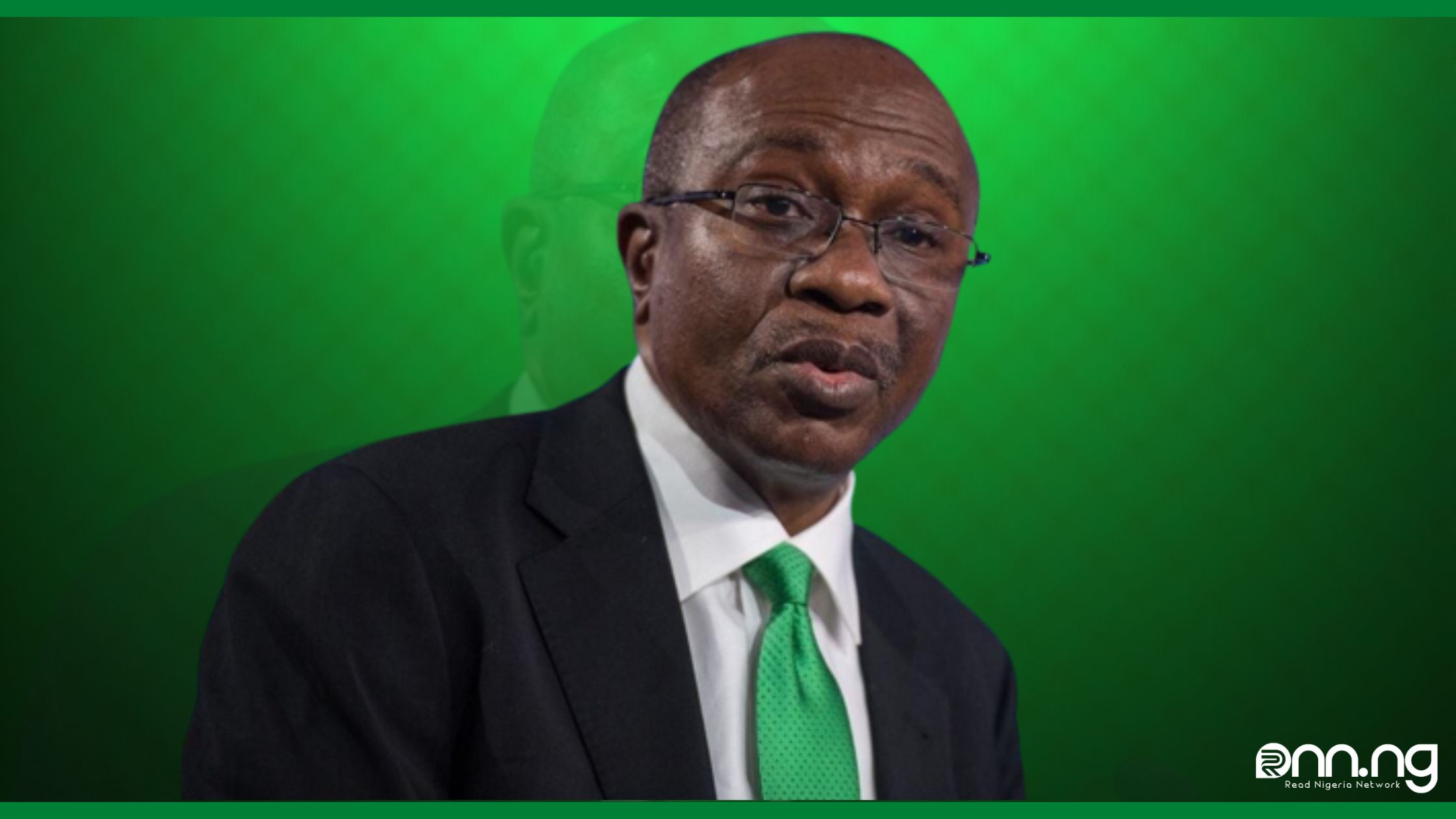Business News
Monetary Policy: The Value of Naira has Declined by 50%
Since the CBN banned the sale of foreign exchange to BDCs, the value of the Naira has declined by 50%. The exchange rate between…

- Naira has declined by 50%
- CBN banned the sale of dollars to BDCs
- CBN reaction
- Calls for devaluation
Value of the Naira has Declined by 50%: Since the Central Bank of Nigeria (CBN) stopped the sales of forex to bureau de change (BDC) operators, the exchange rate between the naira and the dollar on the black market has fallen by around 50% and counting.
The naira was trading at about N500/$ on the black market when the CBN declared a restriction on dollar sales to BDC operators in July 2021. However, the average price at the moment is N755 to $1.
At the official Investors and Exporters (I&E) window, the exchange rate between the naira and the US dollar has also declined, falling from N410/$1 in July 2021 to N441.13/$1. Despite countless interest rate increases and initiatives that were supposed to increase the value of the naira, the naira has kept falling on a range of marketplaces.
CBN banned the sale of dollars to BDCs
On July 27, 2021, during the 137th Monetary Policy Meeting, the Central Bank of Nigeria (CBN) made the unwavering decision to discontinue giving foreign currency to Bureau De Change operators (BDCs).
When the black market exchange rate entered the N500 to $1 threshold at the time, CBN Governor Godwin Emefiele reacted by blaming BDC operators for the decline in exchange rates, charging them with engaging in “illegal activities” when the foreign currency is supplied to them and they subsequently sell on the black market.
Additionally, he asserted that BDC operators were harming the Nigerian financial system by inflating a phony Forex shortage in order to generate “abnormal” profits. According to him, the dollarization of the Nigerian economy, the disregard for the cashless policy, the joint ownership of several BDC by the same owners in order to obtain different types of Forex, and regrettably, the support of illegal Forex dealers by international organizations and embassies were all detrimental to the CBN’s efforts to maintain price stability.
READ MORE: What to Do With The Naira as Inflation Rate Jumps to 20.77%
The Association of Bureaux De Change Operators of Nigeria (ABCON) called on the Central Bank of Nigeria (CBN) to stop using a fixed exchange rate and permit the naira to float after the CBN ban. Despite calls for the Naira to be floated, the Central Bank of Nigeria (CBN) keeps using the Investors and Exporters window (I&E) to engage in the foreign exchange market at the expense of external reserves.
CBN reaction

Value of the Naira has Declined by 50%: Godwin Emefiele, the Governor of the Central Bank of Nigeria (CBN)
The official and parallel market rates are significantly higher as a result of the Central Bank of Nigeria’s (CBN) foreign currency policy. The World Bank and the International Monetary Fund (IMF) have both encouraged Nigeria to allow its currency to freely fluctuate in order to reflect market conditions.
However, Godwin Emefiele, the governor of the Central Bank of Nigeria (CBN), maintained the central bank’s managed-float exchange rate mechanism, highlighting the fact that it was implemented to deal with the unique issues the nation is facing.
He said, “Nigeria’s situation is very peculiar, and that is why we have continued to engage the IMF and World Bank to show understanding of our local problems. And they are indeed showing understanding. “Yes, they want us to freely float the exchange rate, and you do know that this will have some impact on the exchange rate itself in the sense that when you allow that to happen, you will have some uncontrollable spiral in the country’s exchange rate,” he added.
Calls for devaluation
According to Nairametrics.com, the Bank of America(BOA) indicated that the official currency rate might likely be devalued to N520/$ in 2023 since it is significantly more than fair value. However, the government will probably continue to use its official rates at least until the following meeting of the monetary policy committee.
While the finance minister mentioned the different exchange rates as a problem the government has to address, the exchange rate was benchmarked at 435.57 Naira per US Dollar at the recent presentation of Nigeria’s 2023 budget by President Buhari.
